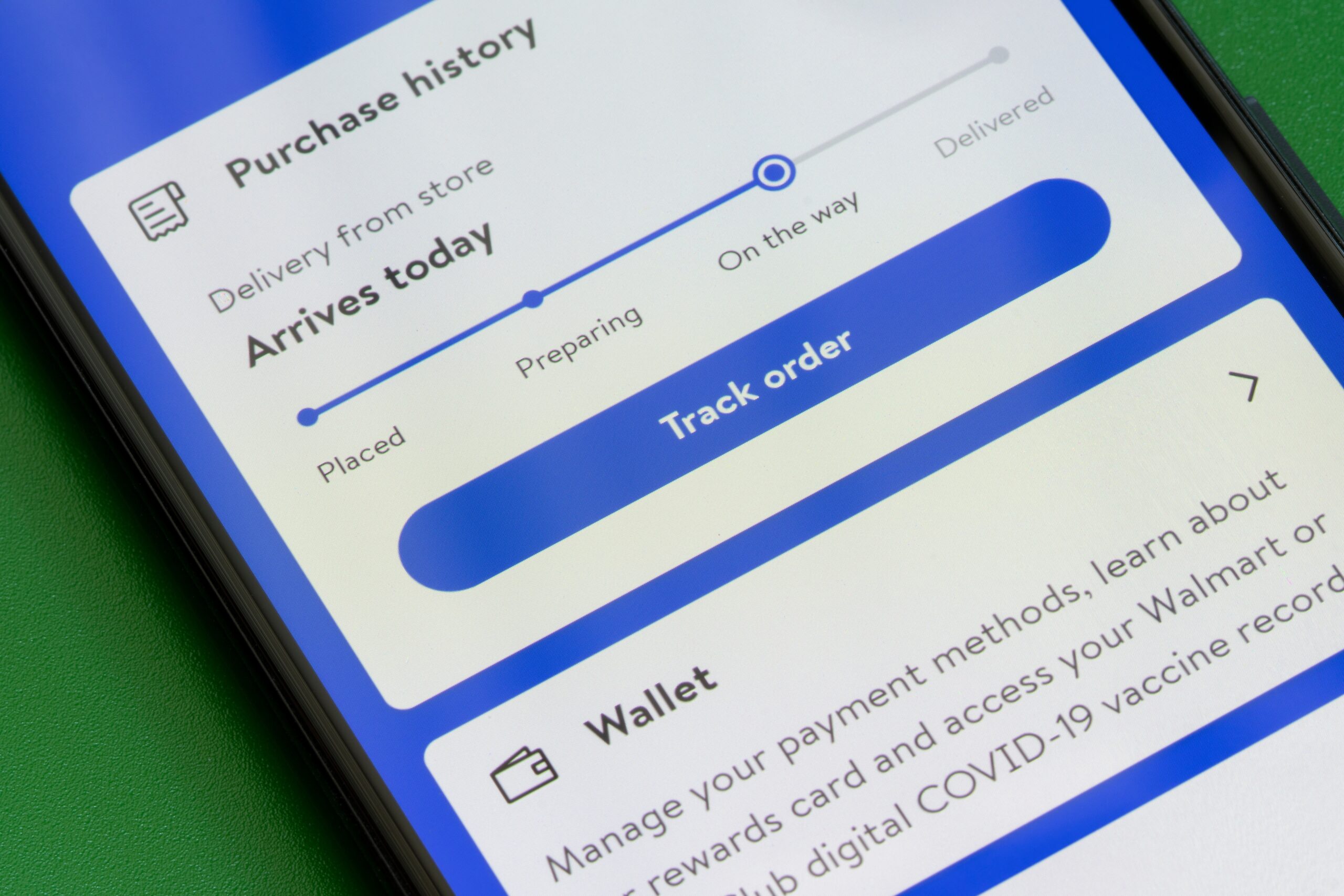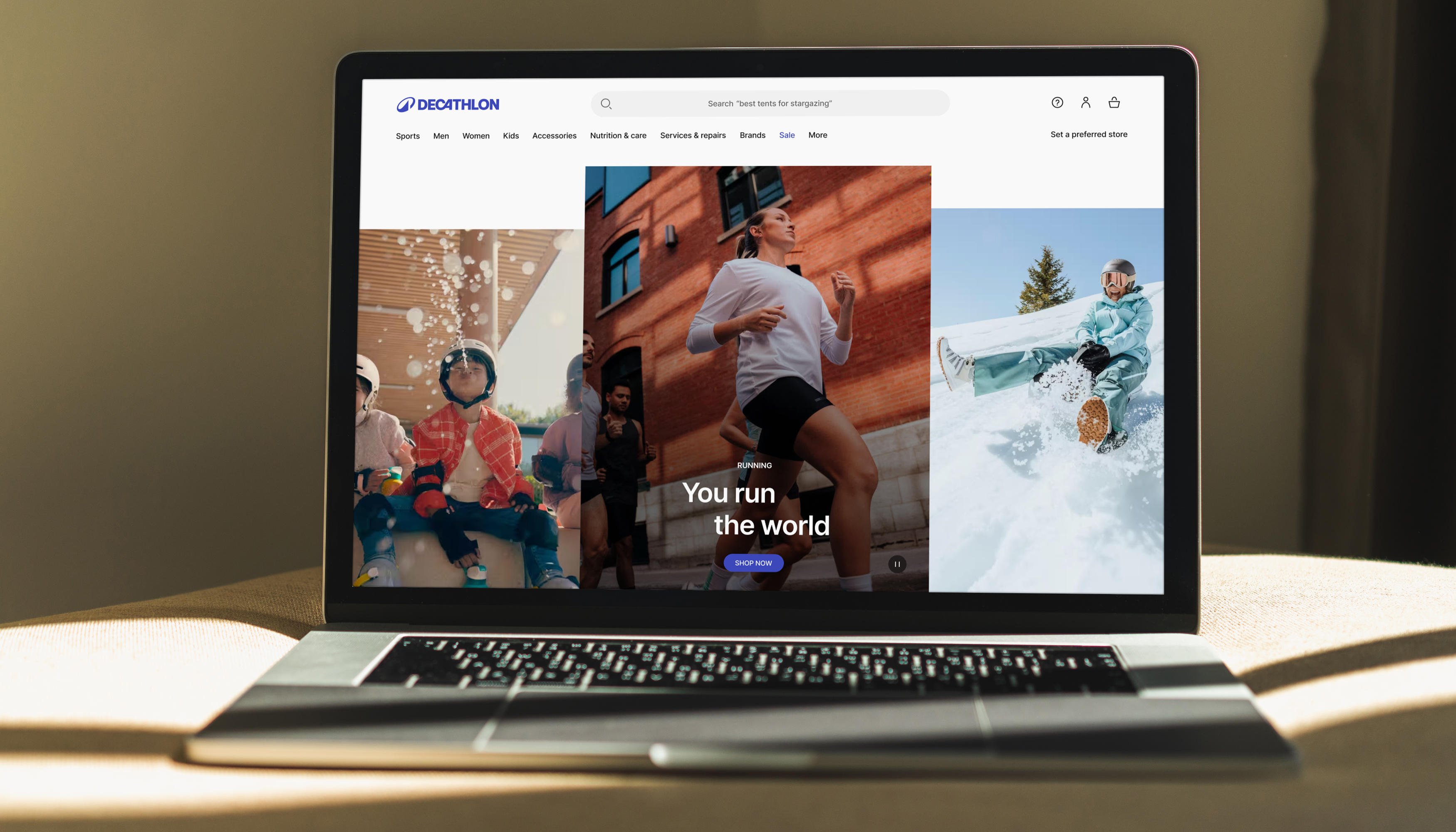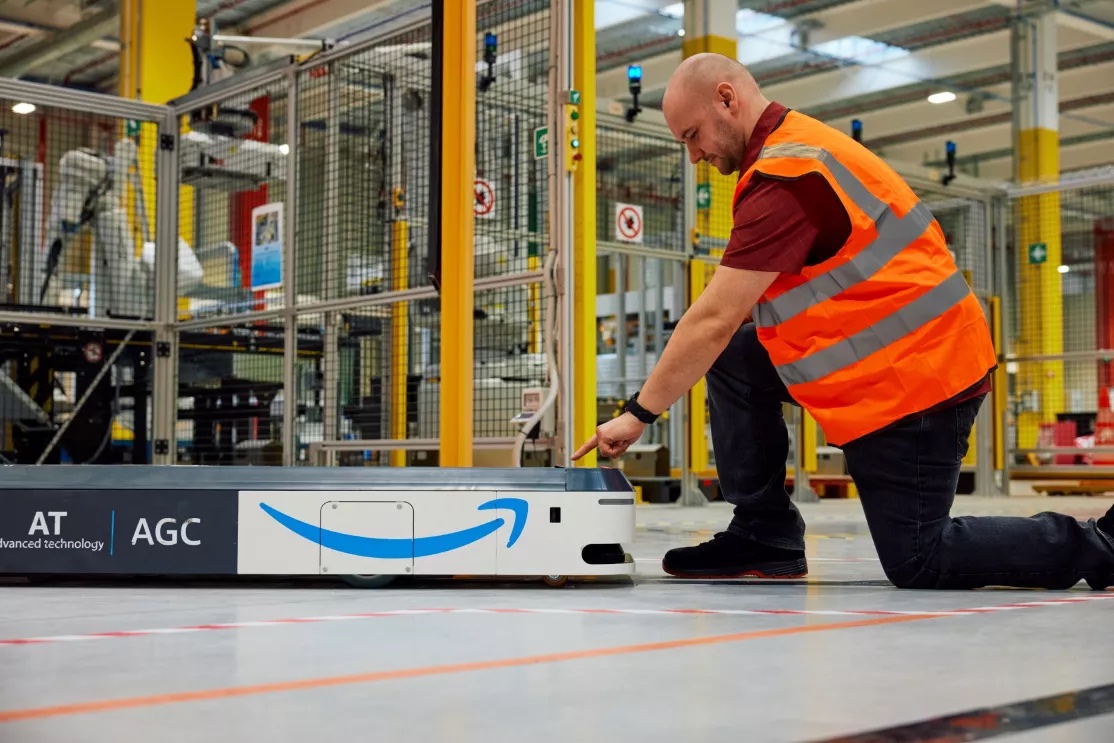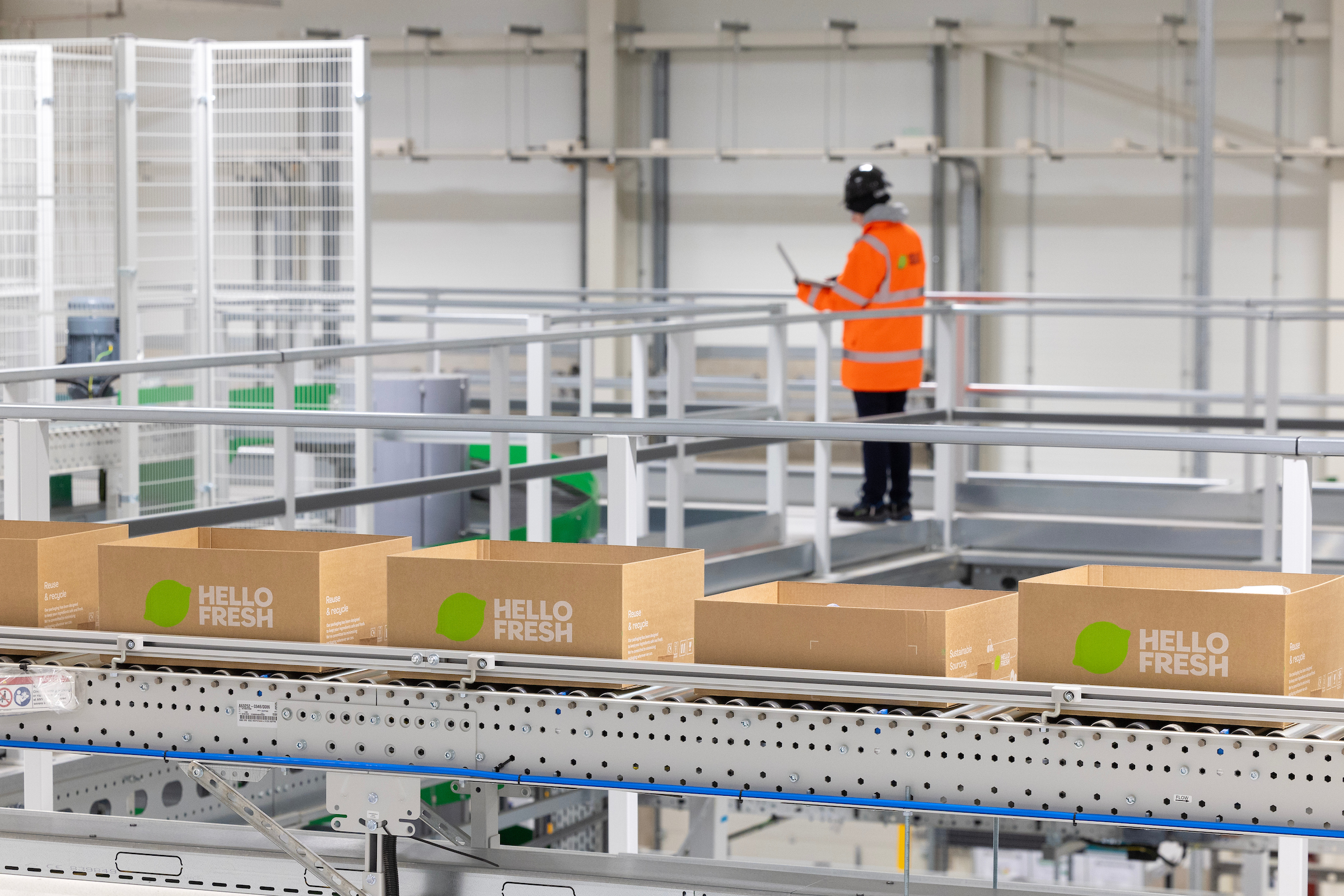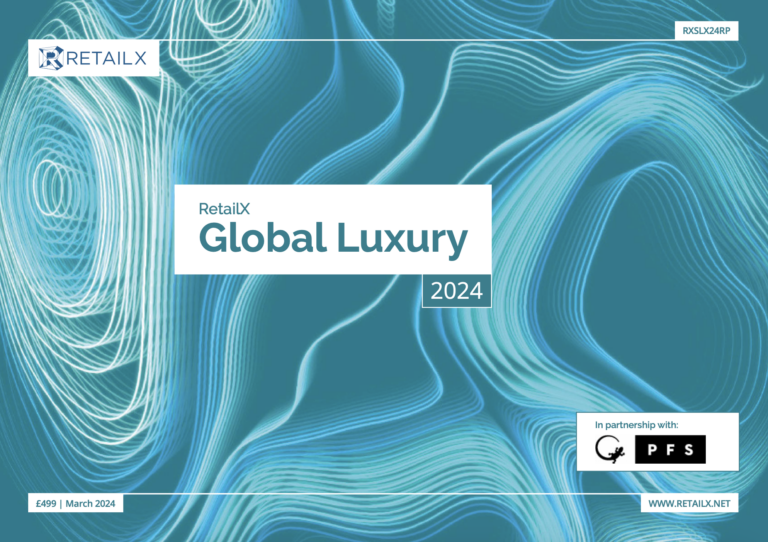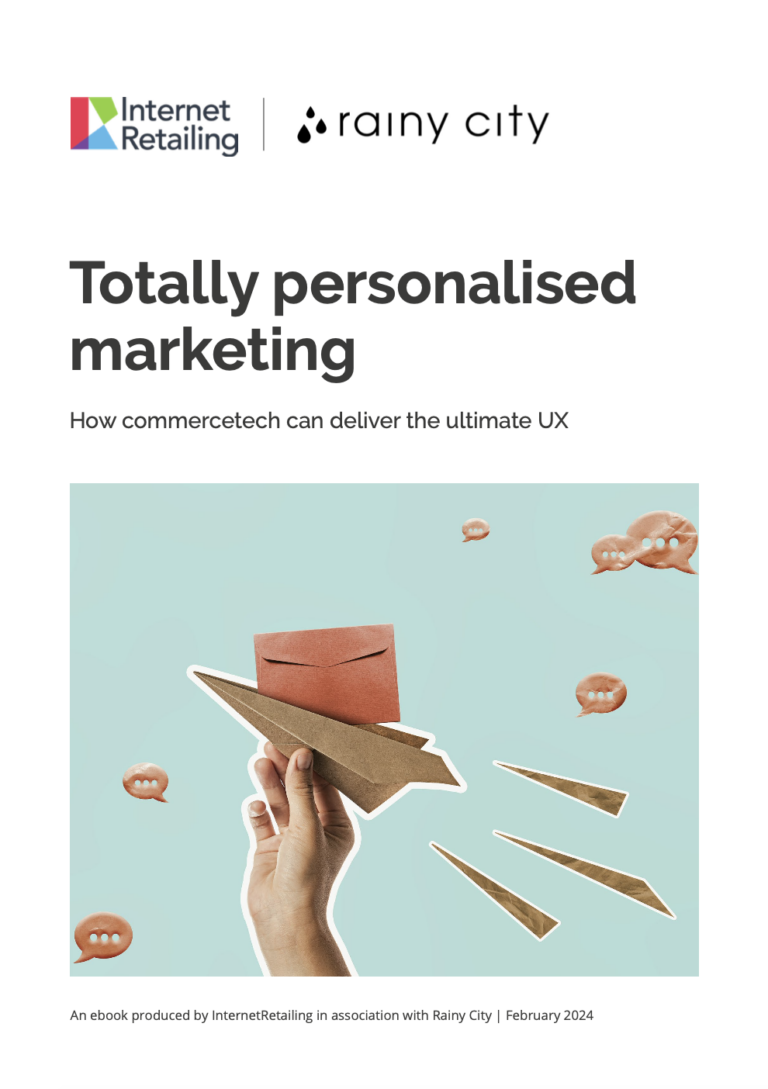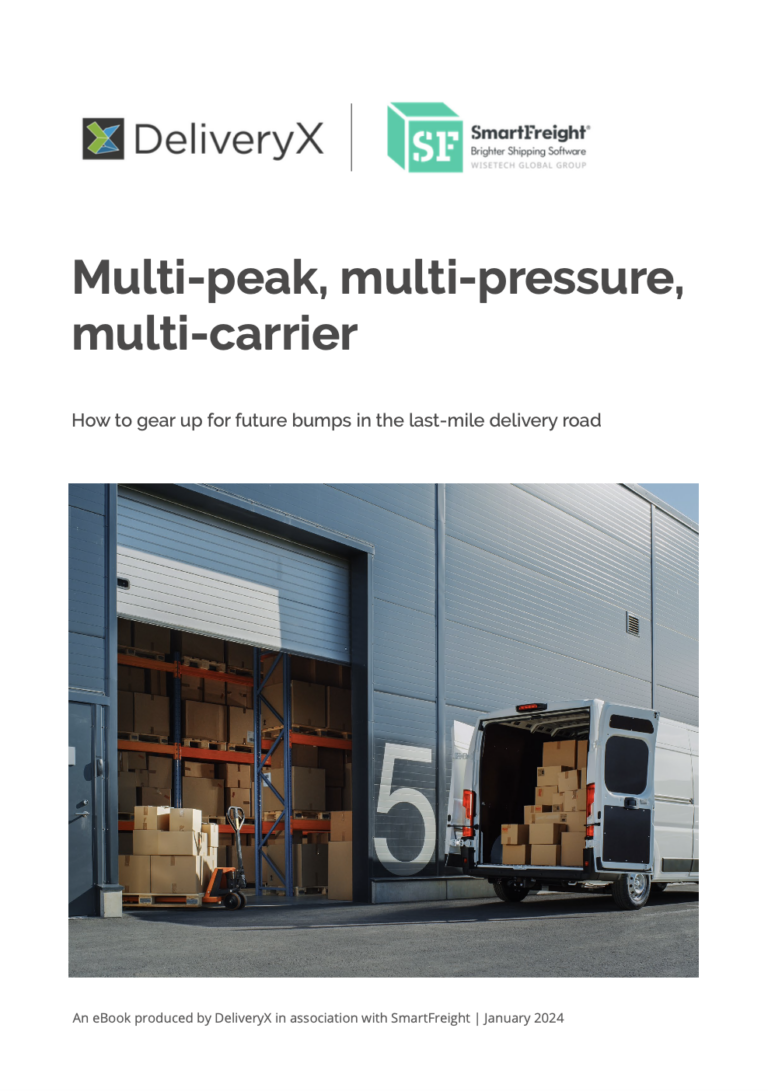The future of the high street lies not in an “idealised historical” idea of shopping, but in offering “good reasons to spend time and money” to shoppers who are increasingly looking online for everyday items, a new report suggests.
The BRC report, 21st Century High Streets – what next for Britain’s town centres?, says that ecommerce is creating “new opportunities and challenges for retailers in all locations” but that the high streets that are prospering despite this are those that offer different and unique experiences.
“Lifestyle choices have driven more affluent and mobile consumers to spend longer periods in ‘destination’ centres, while using multiple retailers and online options to purchase everyday goods,” it said. That meant demand in primary locations was strong. The top 3% of Britain’s shopping areas accounted for 25% of spending on non-essential items, it said, while Leeds was predicted to see 18% growth in discretionary consumer spending by 2019 at the same time as others were facing “challenging conditions”.
Among the challenges faced by the high street is the growth of online and other non-store shopping, such as mail order and telephone sales. Such non-store sales were put at £30.3bn in 2010, the report says, of which internet sales made up £23.4bn. By the beginning of 2011, nearly 10% of all retail sales took place online, while the average number of shopping trips per person fell by 18%. In 2009, half of the population shopping in the 90 largest retail centres, compared to more than 200 in 1971.
“We should not seek to recreate an idealized historical high street,” said the report, “but enable these locations to compete effectively. High streets must try to differentiate what they offer. It is clear that online sales will play a growing role and destination centres will continue to attract consumers. High streets must, therefore, offer a unique experience, the right retail mix and good reasons to spend time and money.” What is needed, says the report, will vary from place to place, but common to all will be a vision for future development, with security, safety and accessibility.
In order to prosper, said the report, high streets needed to be more competitive rather than, as they currently are, more expensive to operate.
Key recommendations put forward in the report include:
• the need for high streets to start thinking like brands, marketing their identity through local partnerships.
• making the high street attractive and safe, again, through an active strategy led by local partnerships and local authorities. “The rise of 24/7 internet shopping and ‘on demand’ entertainment means there are fewer incentives to go out,” said the BRC report. “British people will no longer tolerate ugly, litter-strewn, poorly maintained high streets.”
• a local plan that encourages retailers and the local authorities to work together to target new forms of investment.
• a holistic approach to accessibility, including consumer-friendly parking and the relaxation of night-time only delivery.
• a focus on deterring both anti-social behaviour and retail crime.
• reform of business rates and reduction of red tape.
“There is no escaping the fact that Britain’s high streets will continue to be impacted by the growth of multichannel, out of town and regional centres over the long term and in the medium term by reduced consumer expenditure in uncertain economic times,” said the report.
“In many locations retail is only part of the answer for high street viability and needs to be complemented by a range of leisure and cultural activity.” It concluded that high streets were going through a period of change that was more profound that economic downturn. “Even if the economy recovers quickly this does not mean our high streets will automatically prosper.”

